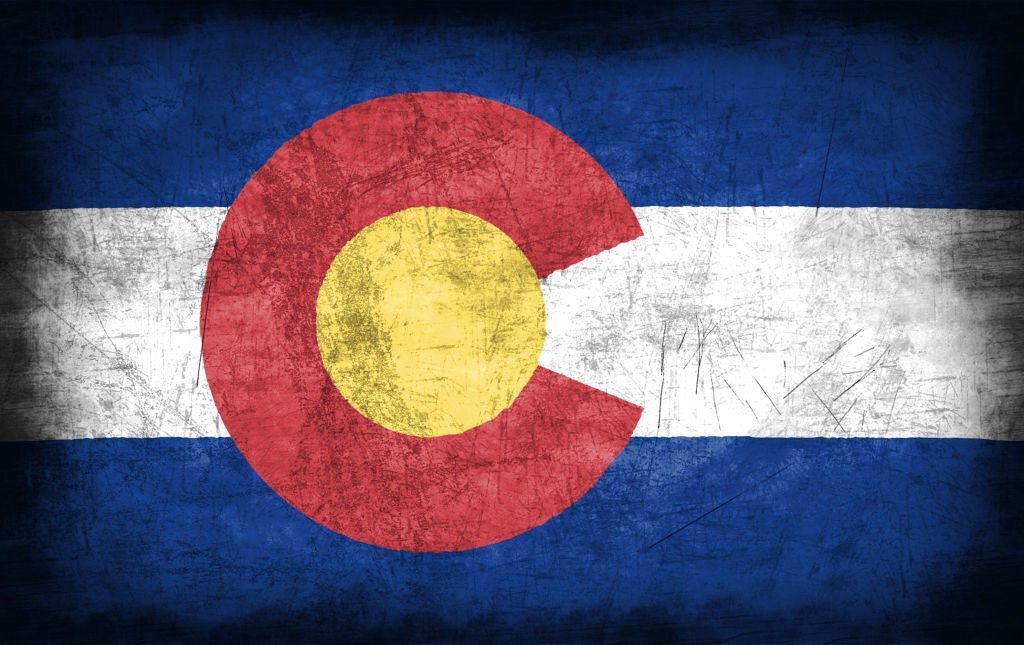By Nick Coltrain, The Denver Post (TNS)
Nearly all members of Colorado’s congressional delegation are again asking the IRS to reconsider a plan to tax state refunds.
The IRS’s new guidance, issued last week, marked the second time this year the agency raised the specter of subjecting state refunds to federal income tax. Colorado’s entire delegation, except for U.S. Rep. Lauren Boebert, signed a letter Thursday warning of “the nightmarish burden of an unprecedented tax.”
Triggered by the Taxpayer’s Bill of Rights (TABOR), Colorado’s tax refunds have never been subject to federal taxes in TABOR’s 30-year history. Any changes in the feds’ stance would apply to taxes due next year, when Coloradans can again expect hundreds of dollars in TABOR refunds. But it appeared only certain filers would be affected.
The congressional letter was led by U.S. Rep. Joe Neguse, of Lafayette, and U.S. Sen. Michael Bennet, both Democrats, with five other Democrats and two Republicans signing on. Their outcry echoed that of Gov. Jared Polis, who on Wednesday called the federal agency’s new view “absurd.”
In an interview, Neguse called the prospect of the IRS taxing TABOR refunds “nonsensical” and at odds with decades of precedent. He expressed hope the dispute would reach a swift resolution.
“Similar to most Coloradans, (I felt a) deep frustration that the agency is yet again considering this change when, a mere seven months ago, we found ourselves at this same juncture,” Neguse said. “Clearly there is a disconnect in the agency. Our hope is we can resolve this once and for all so this does not continually come up every six months or so.”
According to the IRS, it is trying to provide states and taxpayers in Colorado and several other states with “additional certainty” regarding the federal tax consequences of payments made directly to residents.
In 2022, several states issued direct payments, often as assistance in the fallout of the COVID-19 pandemic, and that drew the IRS’s attention. The refund Colorado issued in late summer 2022 was part of TABOR’s constitutional requirement to send back excess tax collections, though officials opted to send it earlier than usual.
The IRS warned in February that it might subject TABOR payments to federal income tax. But the entire Colorado congressional delegation spoke out, and the IRS soon promised it would not tax the 2022 TABOR payments.
Boebert joined her colleagues in the February letter. Her office did not immediately respond to a question about why she didn’t sign the new letter.
IRS spokesperson Karen Connelly noted that “things are subject to potential change,” and that the agency’s notice seeks comment on the guidance.
The notice asked for comments specifically on state sales tax refunds because it’s difficult to determine how much an individual paid in sales taxes. Colorado’s TABOR refund largely draws on sales tax revenue.
State officials were still working to understand what the IRS guidance would mean here. In general, the state Department of Revenue advises that Coloradans who file their federal taxes with a standard deduction—the vast majority of taxpayers—likely won’t have to report their TABOR refunds as income.
But Coloradans who do itemize their deductions, and who also deduct state and local general sales taxes, likely will have to report their refunds as income.
A department spokesperson recommended that people consult with tax advisors about their specific situations. Department officials expect to provide more guidance ahead of next year’s tax-filing season.
The IRS previously warned in February that it might subject TABOR payments to federal income tax. That guidance, like the notice this week, resulted in a swift outcry from Coloradan’s elected leaders, including Boebert.
The February letter soon led to a promise by the IRS that it would not tax the 2022 TABOR payments.
______
©2023 MediaNews Group Inc. Visit at denverpost.com. Distributed by Tribune Content Agency LLC.
Thanks for reading CPA Practice Advisor!
Subscribe Already registered? Log In
Need more information? Read the FAQs
Tags: Income Taxes, IRS, State and Local Taxes, Taxes




